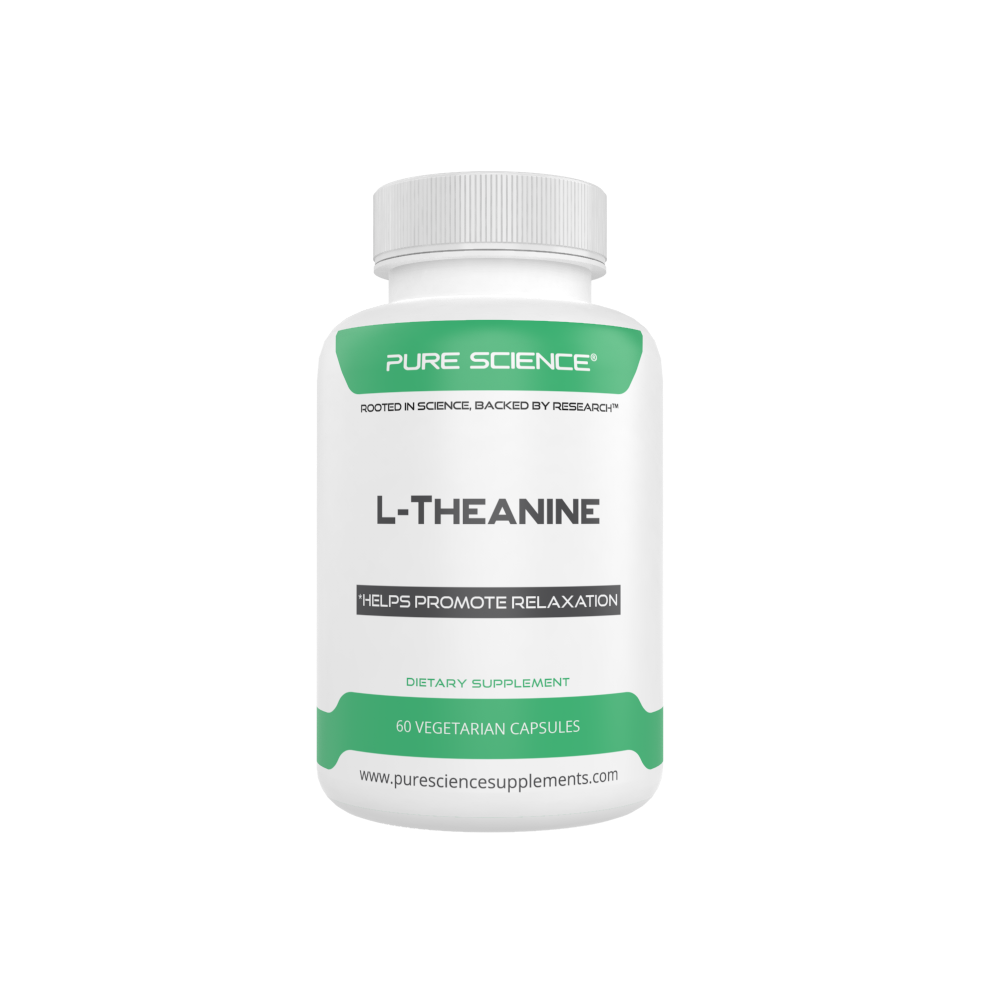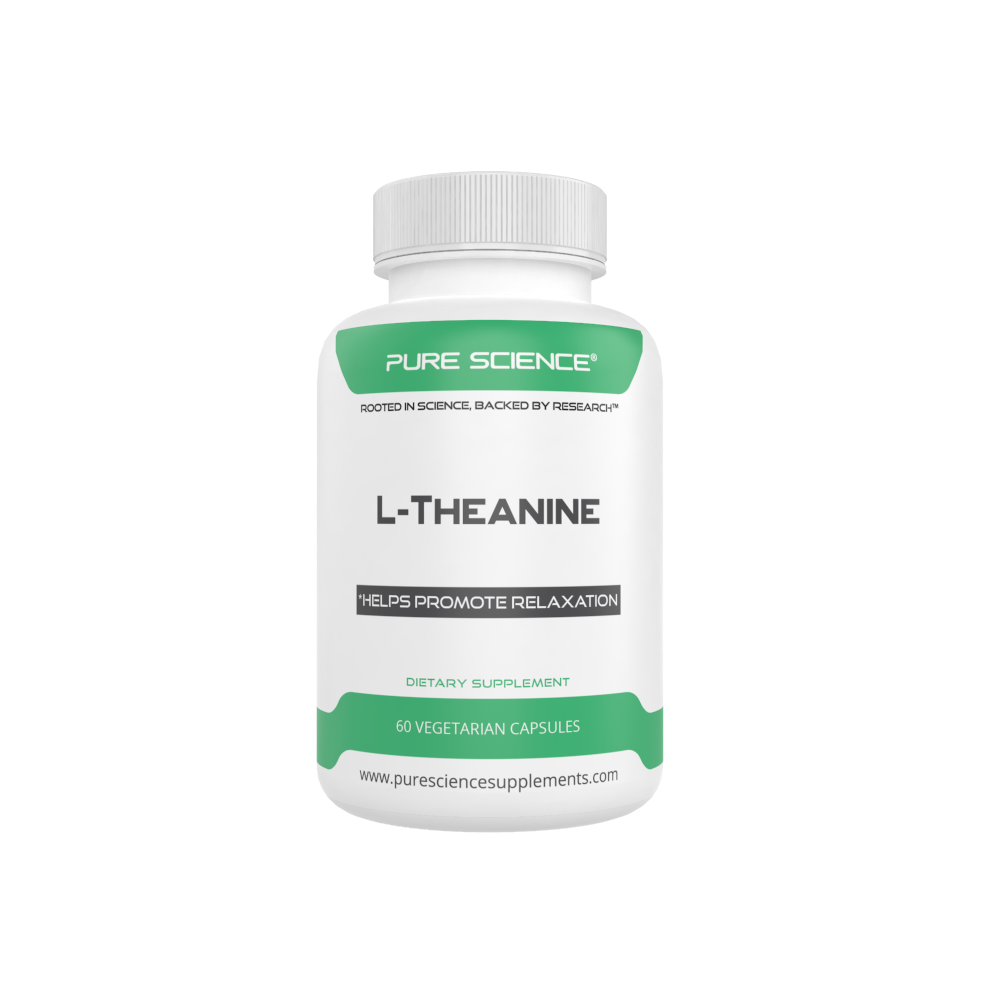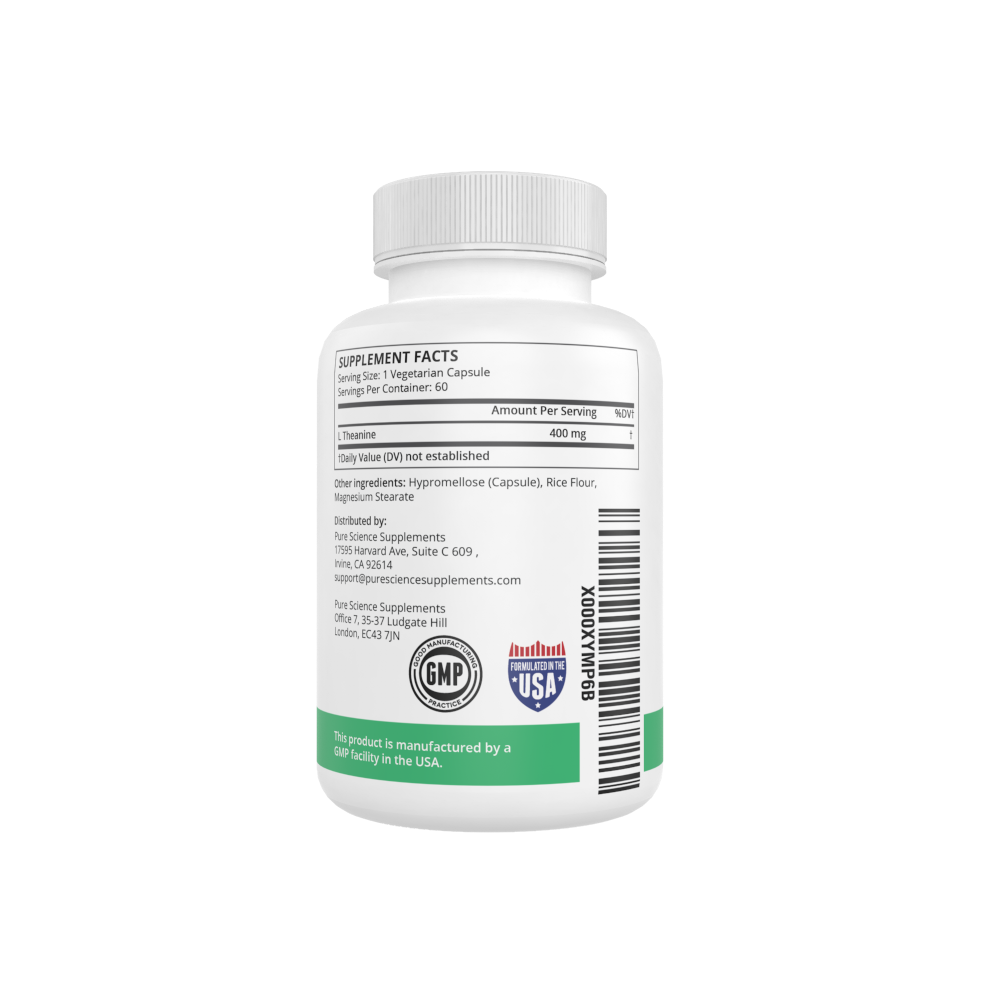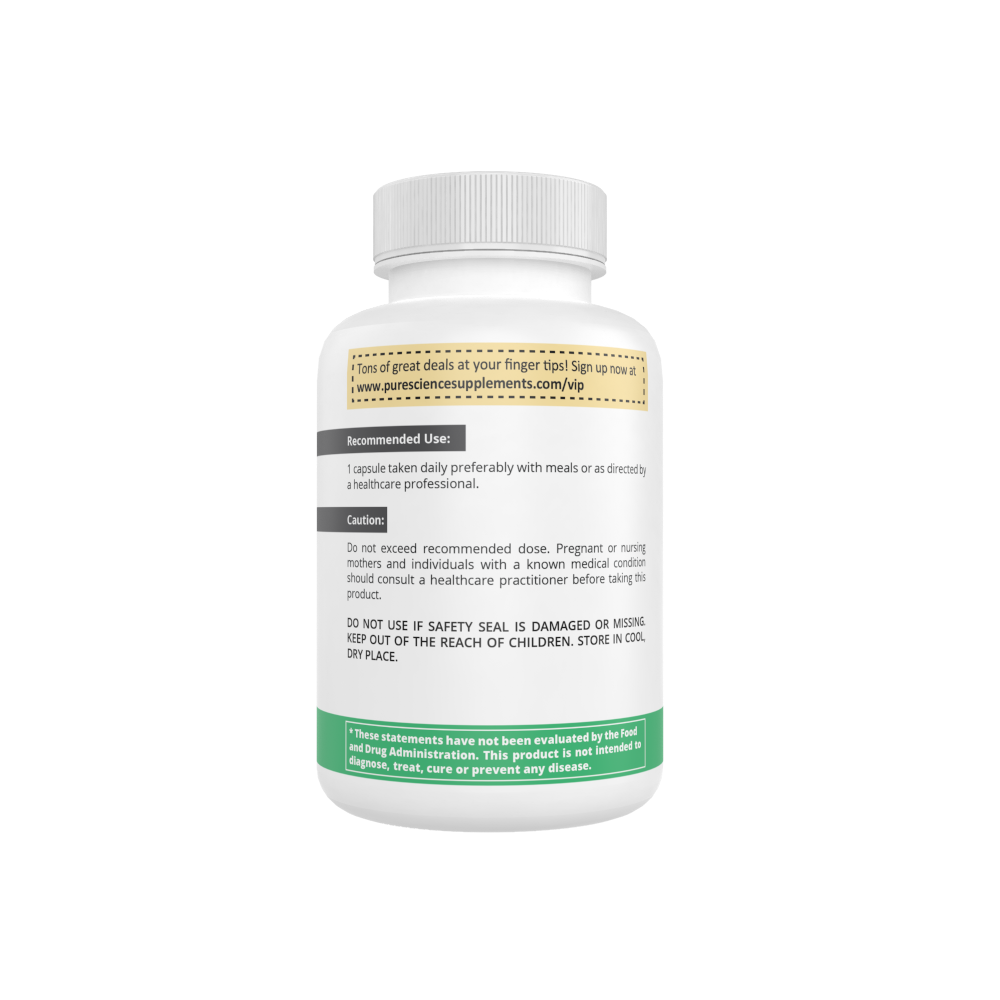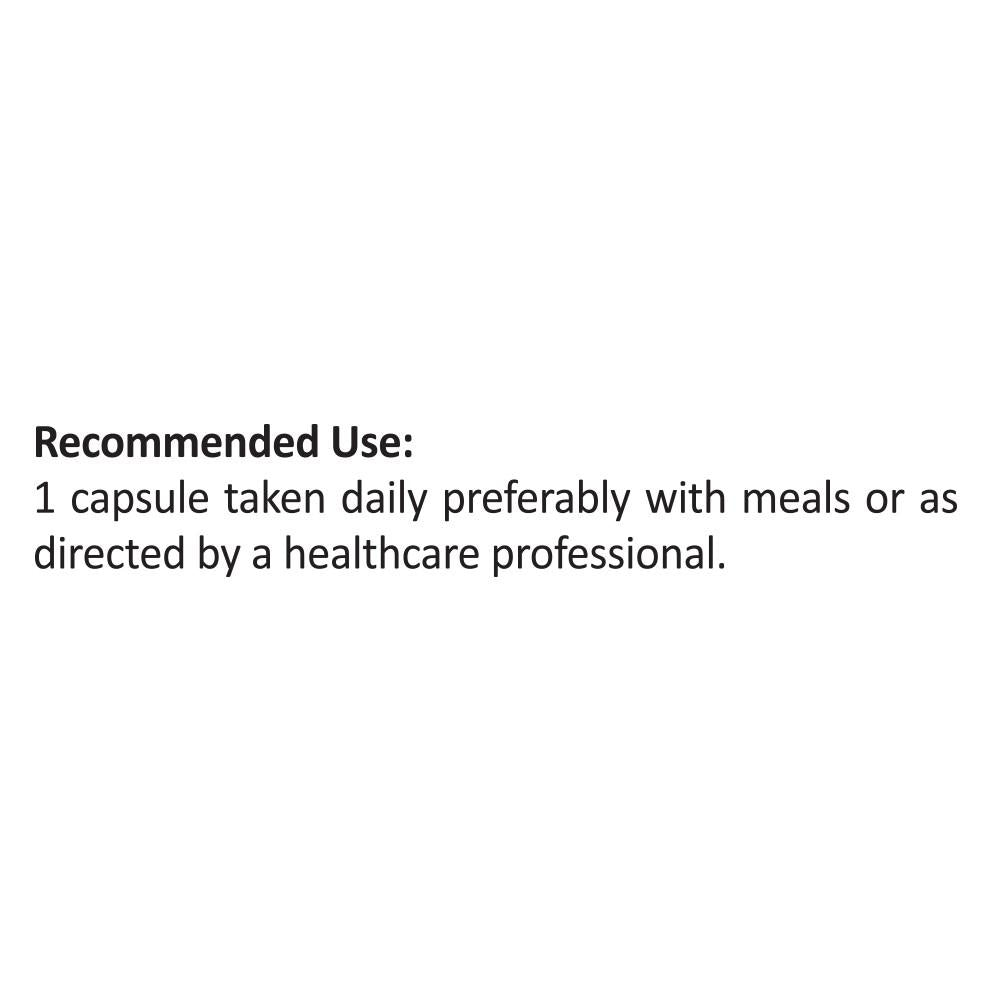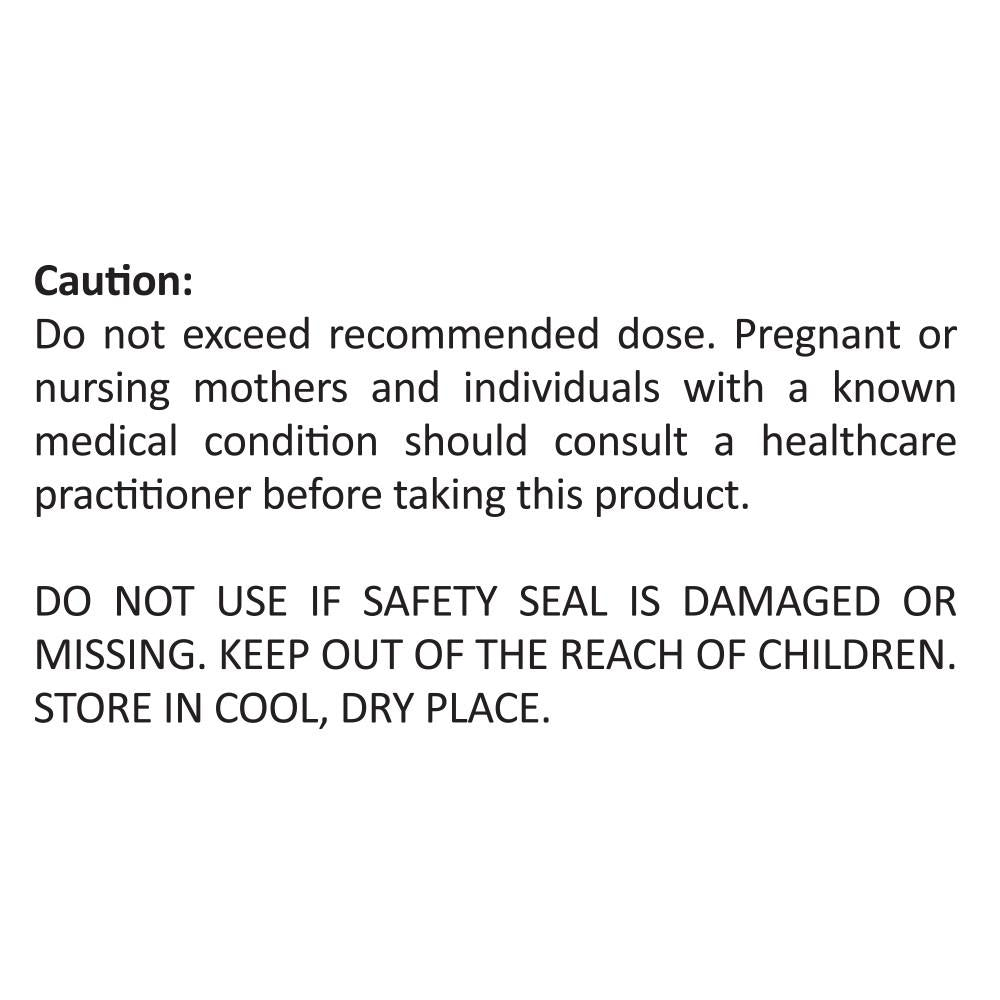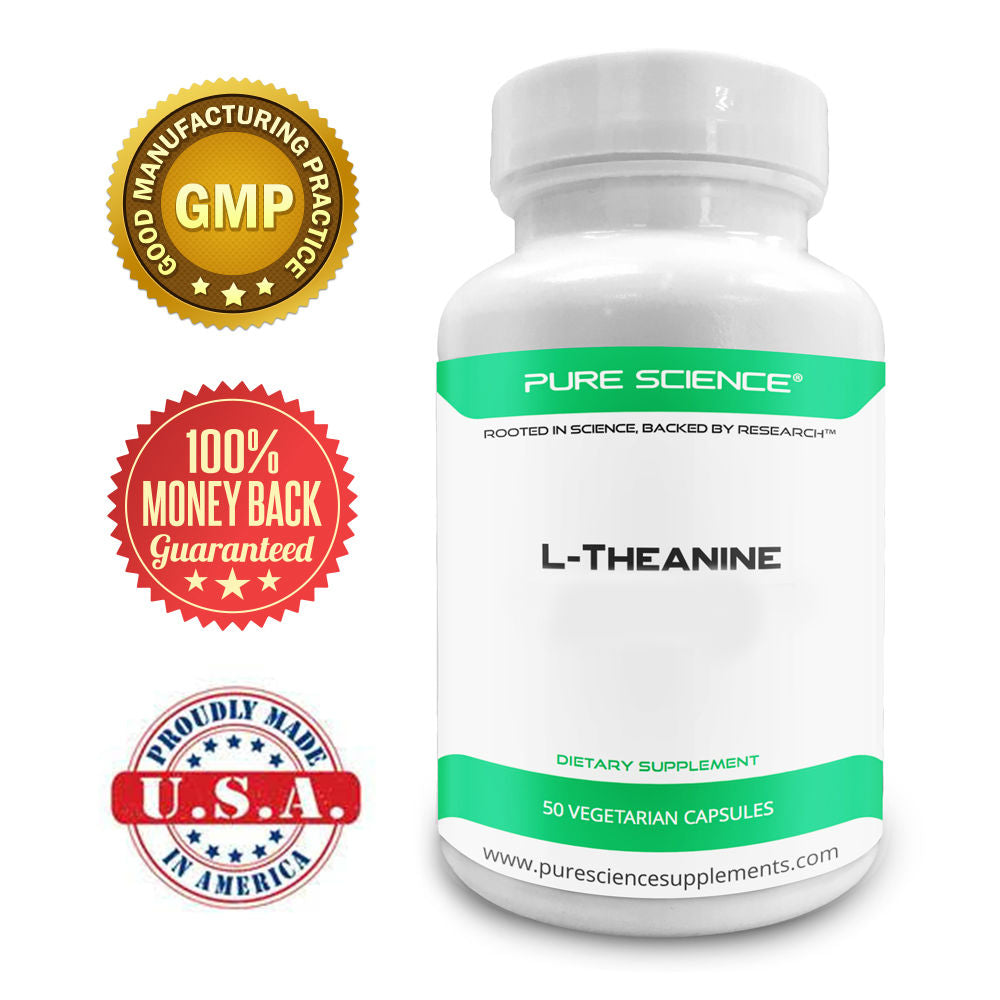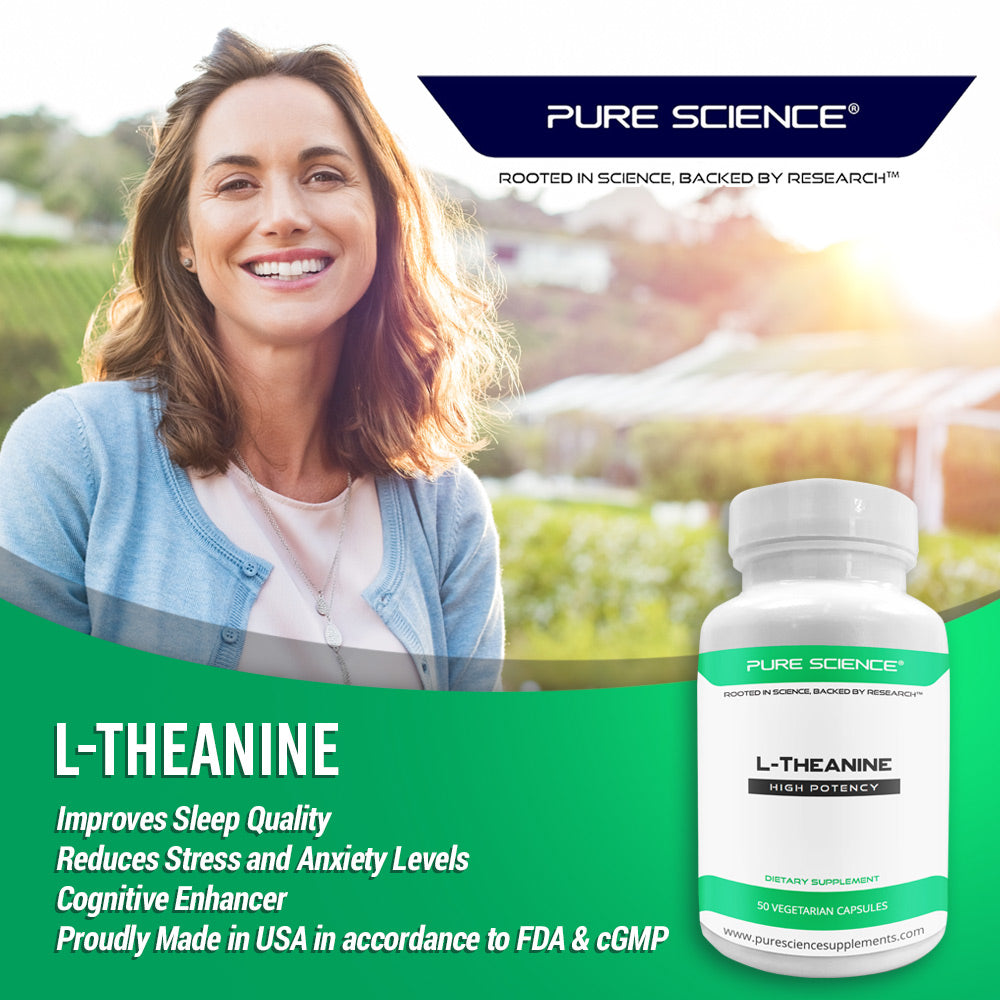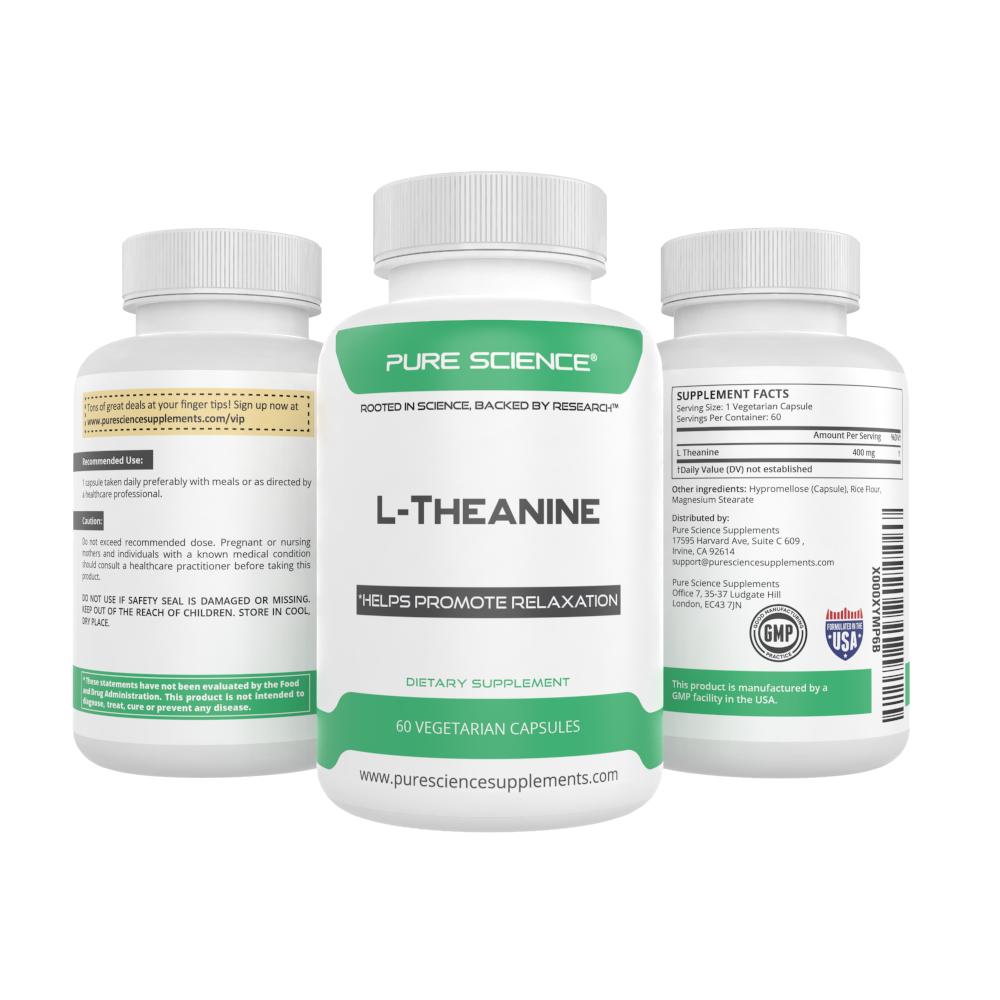ADHD is a prevalent neurodevelopmental disorder that affects millions of individuals worldwide. It is characterized by a variety of symptoms, such as attention difficulties, impulsivity, and hyperactivity. These symptoms can make it difficult for those with ADHD to function in daily life and frequently result in social, academic, and occupational difficulties.
Individuals with ADHD may struggle to maintain focus, complete assignments, and adhere to instructions. They could also be impulsive, acting without considering the repercussions of their actions. Another common symptom of ADHD is hyperactivity, which manifests as agitation, difficulty sitting still, and inability to engage in quiet activities.
ADHD symptoms can vary from person to person and evolve over time. They can also coexist with other disorders, such as anxiety and learning disorders. It is crucial that individuals with ADHD receive an accurate diagnosis and treatment plan from a qualified healthcare professional. Although there are medications available to treat ADHD symptoms, many people prefer natural alternatives like L-theanine.
History
L-theanine is a naturally occurring amino acid found in green tea leaves. It has been used in traditional medicine for centuries and is well-known for its calming and relaxing effects on the mind and body. Serotonin, dopamine, and GABA are among the neurotransmitters whose levels are believed to be increased by L-theanine. These neurotransmitters play crucial roles in mood regulation and are frequently out of balance in ADHD patients.
How it works
L-theanine is a naturally occurring amino acid found in green tea leaves. It has been used in traditional medicine for centuries and is well-known for its calming and relaxing effects on the mind and body. Serotonin, dopamine, and GABA are among the neurotransmitters whose levels are believed to be increased by L-theanine.
Serotonin is a neurotransmitter involved in the regulation of mood, sleep, and anxiety. The neurotransmitter dopamine is involved in motivation and pleasure. GABA is an inhibitory neurotransmitter that aids in brain activity regulation and promotes relaxation. By increasing the levels of these neurotransmitters, L-theanine may improve mood, reduce anxiety, and enhance concentration and focus.
L-theanine might also influence brain waves. L-theanine can increase alpha brain waves, which are associated with relaxation and mental alertness, according to studies. This may aid in enhancing concentration and attention while decreasing stress and anxiety.
Notably, the precise mechanisms by which L-theanine exerts its effects are not fully understood, and additional research is required. The available evidence indicates, however, that L-theanine may be effective in managing ADHD symptoms via its effects on neurotransmitter levels and brain waves.
Studies and Results
Several studies have examined the effects of L-theanine on ADHD symptoms. L-theanine was found to be effective in reducing hyperactivity and improving attention in children with ADHD, according to a meta-analysis of four clinical trials. The research discovered that L-theanine was well-tolerated and had few adverse effects.
Another study discovered that L-theanine improved sleep and decreased anxiety in ADHD children. L-theanine had a calming effect on the children and helped them relax and fall asleep more easily, according to the study.
L-theanine has been shown to alleviate symptoms of anxiety and stress in adults with ADHD. L-theanine was effective in reducing anxiety and enhancing cognitive performance in adults with ADHD, according to a study. Another study discovered that L-theanine improved anxiety and stress symptoms in people with ADHD and other mental health disorders.
In general, the available research indicates that L-theanine may be a safe and effective treatment option for ADHD symptoms such as hyperactivity and difficulty focusing. To fully understand the effects of L-theanine on ADHD and to determine the optimal dosage and duration of use, additional research is required.
Recommended Dosage
The recommended dosage of L-theanine for ADHD varies based on the severity of the individual's symptoms. However, according to the studies cited previously, the recommended daily dosage ranges between 200 and 400 mg. Before beginning any new supplement, it is essential to consult a physician, as L-theanine may interact with certain medications and may not be suitable for everyone.
Conclusion
In conclusion, L-theanine is a natural alternative that may be effective for treating ADHD symptoms such as hyperactivity and attention deficits. While additional research is necessary, the available studies suggest that L-theanine may be a safe and effective treatment option for ADHD. As with any supplement, it is essential to consult a physician before beginning use.
References
- Smith, AP et al. (2010). The effects of L-theanine on cardiovascular function at rest and during acute stress in healthy humans: a double-blind, placebo-controlled study. Journal of Psychopharmacology, 24(7), 857-865.
- Kimura, K et al. (2007). L-Theanine reduces psychological and physiological stress responses. Biological Psychology, 74(1), 39-45.
- Lyon, MR et al. (2011). The effects of L-theanine on attention and reaction time response. Journal of Functional Foods, 3(3), 171-178.
- Dimpfel, W et al. (2012). The influence of l-theanine on brain waves. Journal of Herbaceuticals, 3(3), 10-17.





